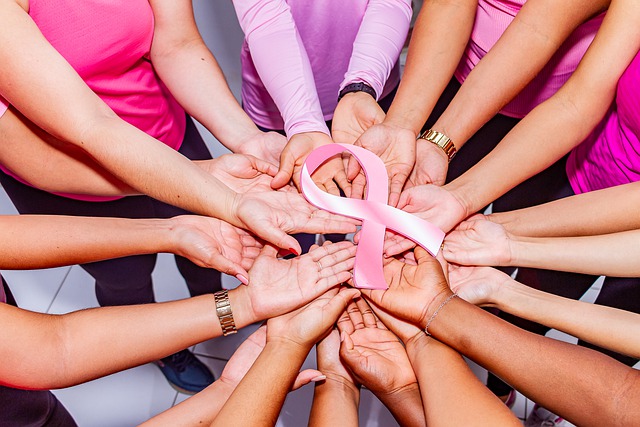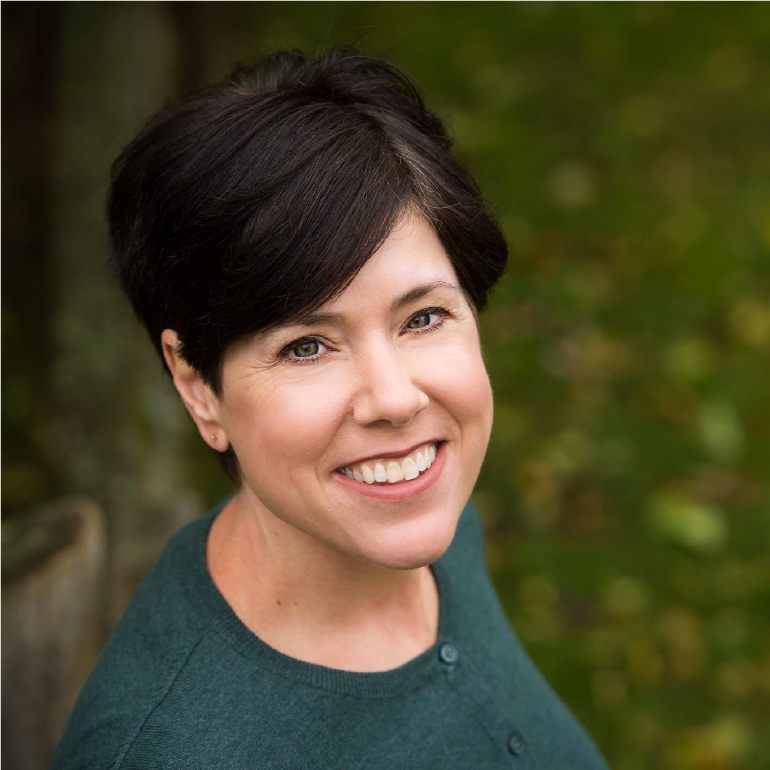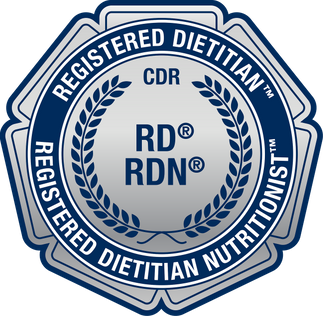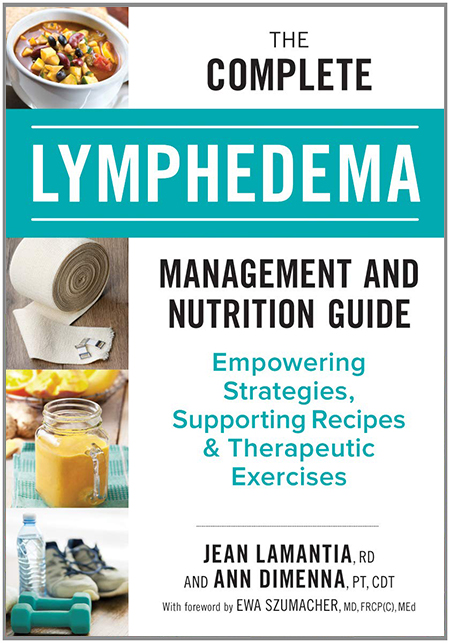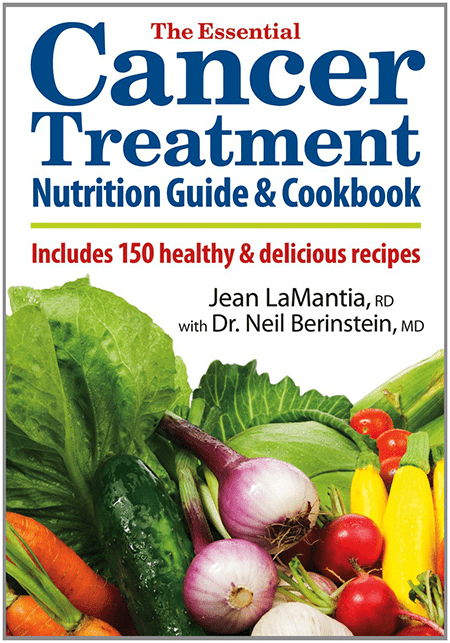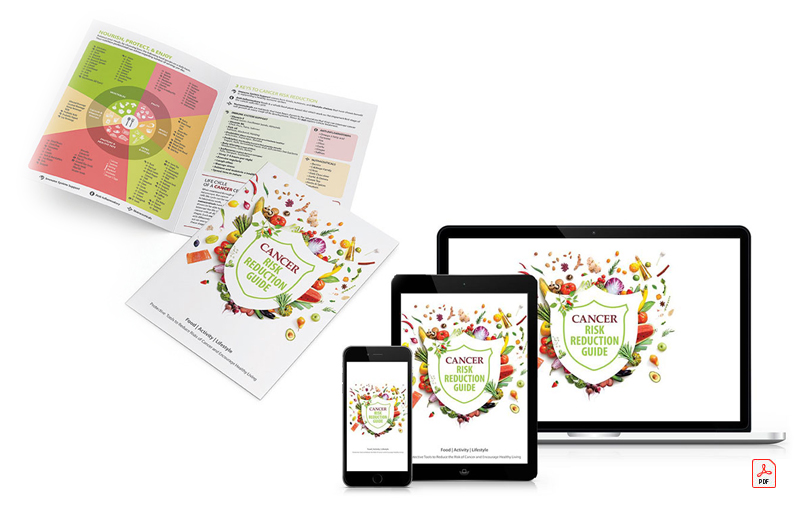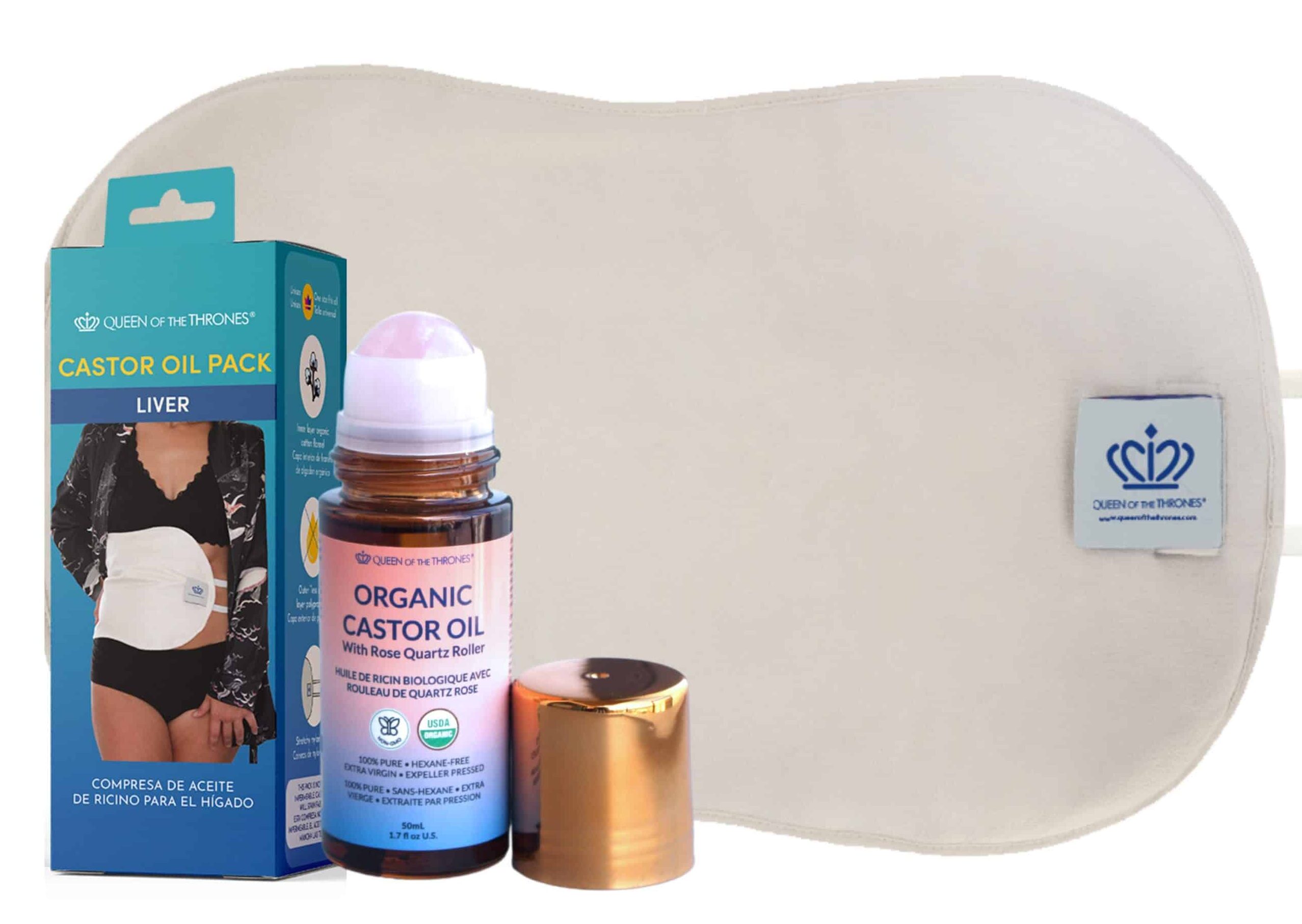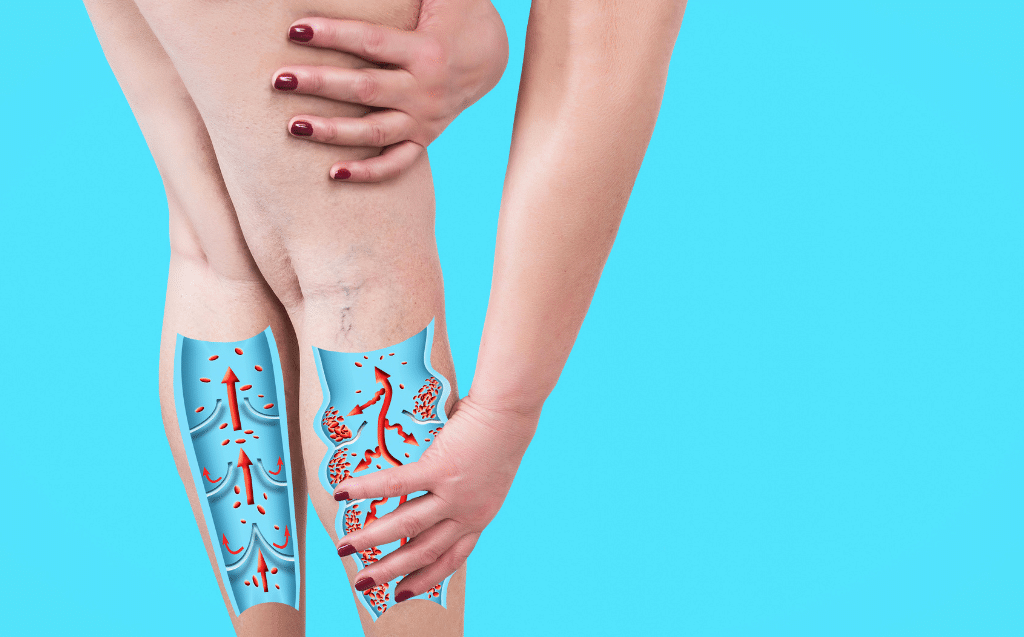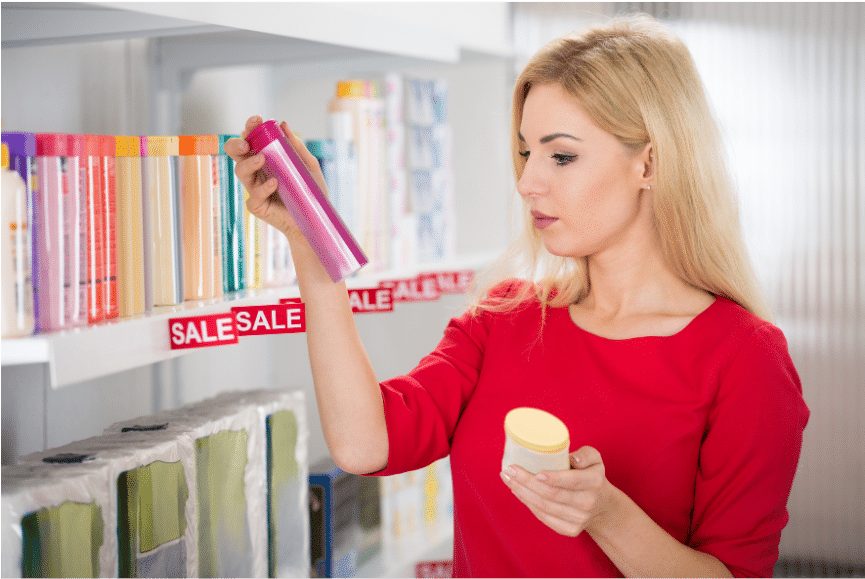This blog is sharing personal stories about breast cancer. These are not meant to diagnose or prescribe any treatment protocol. These are being shared to let you know, you are not alone.
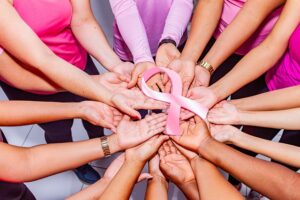
Others have gone before you and you can learn from their experience and have some awareness of some of the challenges ahead and ideas for coping.
If you are newly diagnosed, be careful with the amount that you read. In the beginning, you will probably find yourself wanting to read anything and everything.
But, after a while, you will need to become more discriminating and possibly even take a break for a time. That’s OK. There isn’t one right way to go through cancer treatment.
You will get through this and I hope that sharing these stories helps you. I will add to the stories as more are submitted. I have not verified the information, these stories are true as remembered and affirmed by their authors.
Janet, Age 53
My breast cancer diagnosis came in September 2014 after I found a lump in my left breast, this is unusual for the rare and aggressive inflammatory breast cancer (IBC) that I was diagnosed with.
Typically, IBC blocks the lymph vessels and rarely presents with a lump, it is diagnosed at Stage III or IV. My right breast had a tumour deep in the tissue that was diagnosed as high grade Ductal Carcinoma In Situ (DCIS).
Inflammatory breast cancer often presents with a skin rash on the breast and too often people with IBC are misdiagnosed as having a bacterial infection and given antibiotics. This can often result in a delay in diagnosis which for some, can result in an eventual Stage IV diagnosis.
I was diagnosed at Stage III; I had an IBC tumour in my armpit but no evidence of remote metastatic disease.
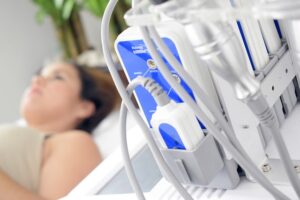
The first step in treatment for IBC is to stop the cancer with chemotherapy, followed by mastectomy without skin sparing and a generous coverage of radiation to the chest wall.
I chose to have a bilateral mastectomy, as I already had high grade cancer in my other breast and IBC has a high rate of recurrence. I decided to remain flat chested, my body has been through enough with too much fallout from treatment, I didn’t want anymore possible complications.
My breast cancer pathology results revealed that my tumour was Human Epidural Growth Factor Receptor 2 (HER2) positive. HER2 is a protein that accelerates cancer cell growth and Herceptin, a targeted treatment for HER2 positive cells, was therefore included in my chemotherapy.
Later I was treated with Zometa infusions for three years to treat bone problems that occur with breast cancer.
There are numerous side effects I experienced from treatment, the most impactful remains Chemotherapy Induced Peripheral Neuropathy (CIPN). The neuropathy, began within days of my first chemotherapy and worsened over treatment, it remains the most challenging issue in my life.
I must carefully manage activity and rest or the pain in my hands and feet becomes severe. Medications for neuropathy caused problematic side effects including weight gain which negatively impacted my secondary lymphedema.
After my Oncologist suggested that I try medical cannabis as an alternative solution to prescription medications for neuropathy I decided to try it and I have been pleased with the results.
Three years later, my pain is managed with fewer side effects from medication. In addition, I have found that athletic compression socks as well as cushioned footwear increases my tolerance for being on my feet for longer periods of time.
Secondary lymphedema was another challenge. All of the lymph nodes in the armpit on my IBC side had to be removed because of the tumour, and lymphedema symptoms started soon after my surgery.
My lymphedema was challenging for the first few years but bandaging, compression sleeves, skin care, manual lymphatic drainage (MLD) I perform myself as well as regular MLD from my certified lymphedema therapist, kinesiology taping, wearing UnderArmour compression garments for my trunk lymphedema and a healthy diet and exercise have helped my arm improve over time.
Now, years later my arm is in the best shape it has been since surgery. There is no cure for lymphedema, and I will have to manage it the rest of my life.
Brain fog from chemotherapy and medications has been an issue as well. I have read a number of books on managing pain and had good counselling from my palliative care doctor but I remain challenged with my quality of life. Still I am thankful to be here.
The last three years I introduced a Mediterranean diet with low gluten and intermittent fasting as well as supplements prescribed by my Oncology Naturopath.
I lost weight gained from treatment and prescription medication and it had a positive impact on my lymphedema in particular.
By participating in clinical trials and contributing to furthering knowledge, I feel I have made a positive contribution in the midst of the challenges of cancer.
I received some good advice from health care staff including to continue to enjoy activities and not to make everything about surviving. Focusing on enjoyable pursuits prevented my life from feeling empty after treatment.
Years ago a friend shared with me, that “sometimes in life the only control we have is how we respond”. This thought gave me strength when treatment for cancer had taken so much.
I have had to surrender to my new reality post cancer. Still I live in hope of finding better ways to manage pain and my new reality.
I have joined support groups and share my story to help others feel less alone. I still struggle with the capacity I have lost since treatment and continue to realign my life.
Acceptance of the current situation has been key for me as I continue to look for better solutions to improve my situation.
From Janet;
Best Advice for Someone Newly Diagnosed with Breast Cancer:
Acceptance of your situation is key and allows you to focus on what is best for you.
Favourite Breast Cancer Resources:
1) Canadian Breast Cancer Network
2) The Healing and Cancer Foundation
3) The Essential Cancer Treatment and Nutrition Guide and Cookbook by Jean LaMantia
Best Gift Received During Breast Cancer Treatment:
Close friends and family that supported me, my husband and a dear friend who is a registered nurse attended every appointment. That friend also hosted us in her home close to my treatment hospital. My mom was a registered nurse and taught me well how to face challenges and our children were a tremendous support.
